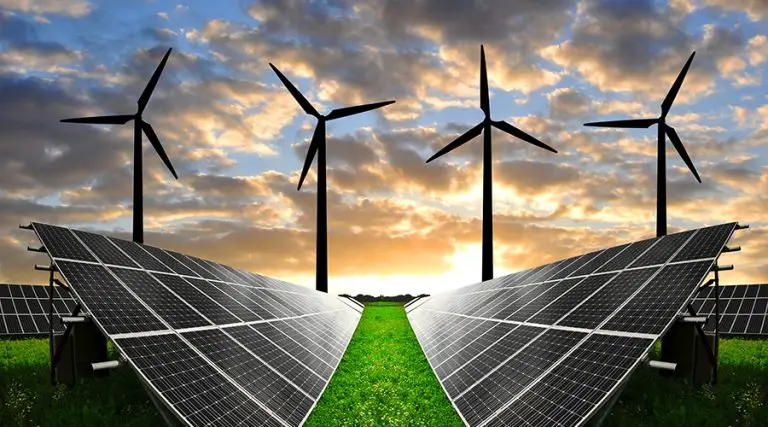Kenya, through the Ministry of Energy, has proposed to publish new policy to swap the current feed-in-tariffs policy (FiTs). How does it work?
The FiTs policy permits anyone to identify through own cost a renewable energy site (small hydros, geothermal, wind power, solar, biomass), and embark on their own pre-feasibility study which they present to the Ministry of Energy and Petroleum for authorization by the FiTs Committee.
Once accepted you are issued with an Expression of Interest (EoI) to develop your renewable energy project and vend power to the national grid via 20-year power purchase agreements (PPAs).
Also read:US$ 10.8m agreement signed for renewable energy projects in Kenya
It does not apply the standard bidding in procurement procedure. First, the investor bears his or her own cost to discover site and embark on feasibility studies before submitting an application for EoI consent. The FiTs Policy has set predetermined tariffs.
What will happen to private financiers who spot sites viable for development in regions not identified for auctioning?
It takes noteworthy expenditure and numerous technologies to spot a fitting and viable location. If after that endeavor an investor is going for open cutthroat bidding, am certain no one will take the project to the Ministry of Energy for consent.
The ministry said the competitive auctioning of renewable energy project will aid in reducing the cost of electricity to the consumer.
A renewable energy scheme projecting low project cost for its establishment usually takes eight to 10 years to pay back its loan and about five to seven years to pay back its equity under the current FiTs.
Reducing the power producer electricity sale price to less than the present Sh8 per unit will take the loan repayment period to more than 15 years .
Some analysts have said that the move to a cutthroat auction method will prompt growth in the solar sector in Kenya. Despite Kenya’s extensive solar potential there are presently no operational solar plants with a grid connection, although numerous projects are in the development stage.
Over 60 countries to date use auctions to develop renewable energy projects including South Africa, Morocco, and Zambia.

